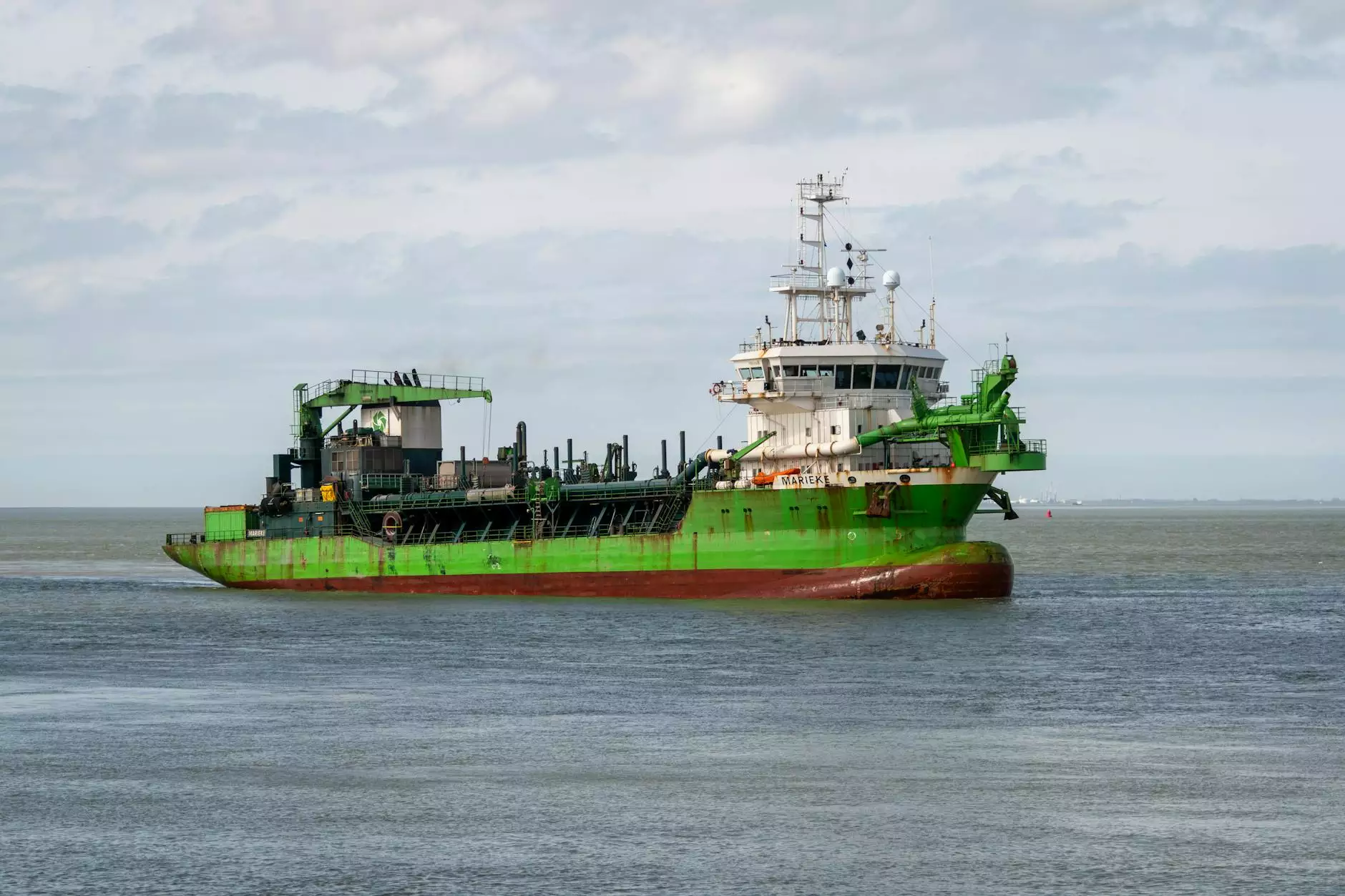Understanding Freight Quote FTL for Your Business Success

In today’s interconnected world, managing the logistics of your business can significantly impact your bottom line. Understanding terms such as freight quote FTL is crucial for any business that relies on shipping goods. This comprehensive guide will explore the intricacies of freight quotes, particularly Full Truckload (FTL) shipping, and how you can leverage this information for optimal efficiency in your operations.
What is Freight Quote FTL?
A freight quote FTL pertains to the costs associated with full truckload shipping. In essence, FTL shipping involves the transportation of goods that occupy the entire truck space. Unlike Less Than Truckload (LTL) shipping, which consolidates multiple shipments into one truck, FTL shipping is dedicated solely to one customer. This results in several advantages, particularly for businesses with substantial shipping needs.
The Importance of Freight Quotes
Understanding freight quotes is essential for several reasons:
- Cost Efficiency: Receiving accurate freight quotes allows businesses to compare prices and select the best carrier for their needs.
- Budgeting: Knowing your shipping costs in advance helps in budgeting and financial planning for your business.
- Supply Chain Optimization: An accurate freight quote can aid in optimizing your supply chain logistics, leading to faster delivery and reduced costs.
When to Use FTL Shipping?
Determining when to use FTL shipping as opposed to LTL can greatly impact your shipping efficiency and costs. Here’s when FTL is a good option:
- Large Shipments: If your cargo can fill an entire truck, opting for FTL is usually the most economical choice.
- Time-Sensitive Deliveries: FTL shipments generally take less time as there are no other stops involved.
- Reduced Risk of Damage: Since the truck is exclusively carrying your goods, the risk of damage during transit is minimized.
Factors Affecting FTL Shipping Rates
Several factors influence the rates for freight quote FTL services. Understanding these can help you find the best quotes and save money:
- Distance: The distance between the origin and the destination plays a significant role in determining the cost.
- Weight and Dimensions: Heavier and larger loads require more fuel and larger equipment, influencing the freight cost.
- Seasonality: Depending on the time of year, demand for truck space can fluctuate, impacting rates.
- Fuel Prices: As fuel costs rise and fall, so too will your shipping rates, directly influenced by current gas prices.
- Accessorial Charges: Additional services like loading/unloading, liftgate services, and shuttling can add costs to your freight quote.
How to Obtain a Freight Quote FTL
Obtaining an FTL freight quote is a straightforward process. Here are the typical steps involved:
- Gather Information: Prepare details about your shipment, including weight, dimensions, pickup and delivery locations, and any special requirements.
- Contact Freight Carriers: Reach out to freight carriers or logistics companies to request quotes.
- Compare Quotes: Evaluate the quotes you receive based on cost, service, and transit times.
- Book Your Shipment: Once you find an attractive quote, proceed to book your shipment with the selected carrier.
Benefits of FTL Shipping for Businesses
Utilizing FTL shipping offers several advantages that can bolster your business logistics:
- Speed: FTL shipments typically reach their destination faster than LTL due to fewer stops, making them ideal for urgent deliveries.
- Simplified Logistics: With fewer interfaces, FTL reduces the complexity involved in coordinating multiple shipments.
- Greater Security: Since the trailer is dedicated solely to your goods, the risk of theft or damage is significantly less.
- Lower Overall Costs: For large shipments, FTL can be more cost-effective compared to multiple LTL shipments.
Choosing the Right Freight Partner
When it comes to managing your FTL shipments, partnering with the right logistics provider is critical. Here are some points to consider:
- Experience in the Industry: Choose a freight carrier with a proven track record in handling FTL shipments in your industry.
- Reputation: Research customer reviews and testimonials about potential partners to gauge their reliability and service quality.
- Technology Capabilities: A carrier with advanced tracking and management tools can enhance the efficiency of your supply chain.
- Customer Support: Ensure that they provide excellent customer service to resolve any issues that may arise during transit.
Implementing Best Practices for FTL Shipping
To fully capitalize on the benefits of freight quote FTL, consider adopting these best practices:
- Accurate Packaging: Ensure your cargo is well-packaged to minimize the risk of damage during transit.
- Plan for Pickup and Delivery: Coordinate with your carrier to confirm pickup and delivery schedules, taking into account potential delays.
- Stay Informed: Regularly review your shipping processes and costs to identify areas for improvement.
Future Trends in Freight Shipping
The logistics and shipping industry is evolving rapidly. Here are some future trends that may impact freight quotes FTL:
- Technology Integration: The integration of AI, blockchain, and IoT in logistics will enhance tracking and improve efficiency.
- Sustainability Efforts: More companies are focusing on environmentally-friendly shipping practices, leading to the adoption of eco-friendly vehicles.
- Consumer Demand for Speed: As online shopping grows, so does consumer demand for quicker shipping methods.
Conclusion
Understanding the nuances of receiving a freight quote FTL is vital for businesses looking to streamline their logistics and improve overall operational efficiency. By leveraging the benefits of FTL shipping, carefully selecting your freight partner, and staying informed on industry trends, you can enhance your shipping strategies and drive your business towards greater success. At freightrate.com, we provide comprehensive resources and support to effectively manage your shipping needs, ensuring your logistics operations run smoothly.
With this knowledge, you are now equipped to tackle your shipping challenges head-on, paving the way for robust logistics solutions that can propel your business to new heights.









